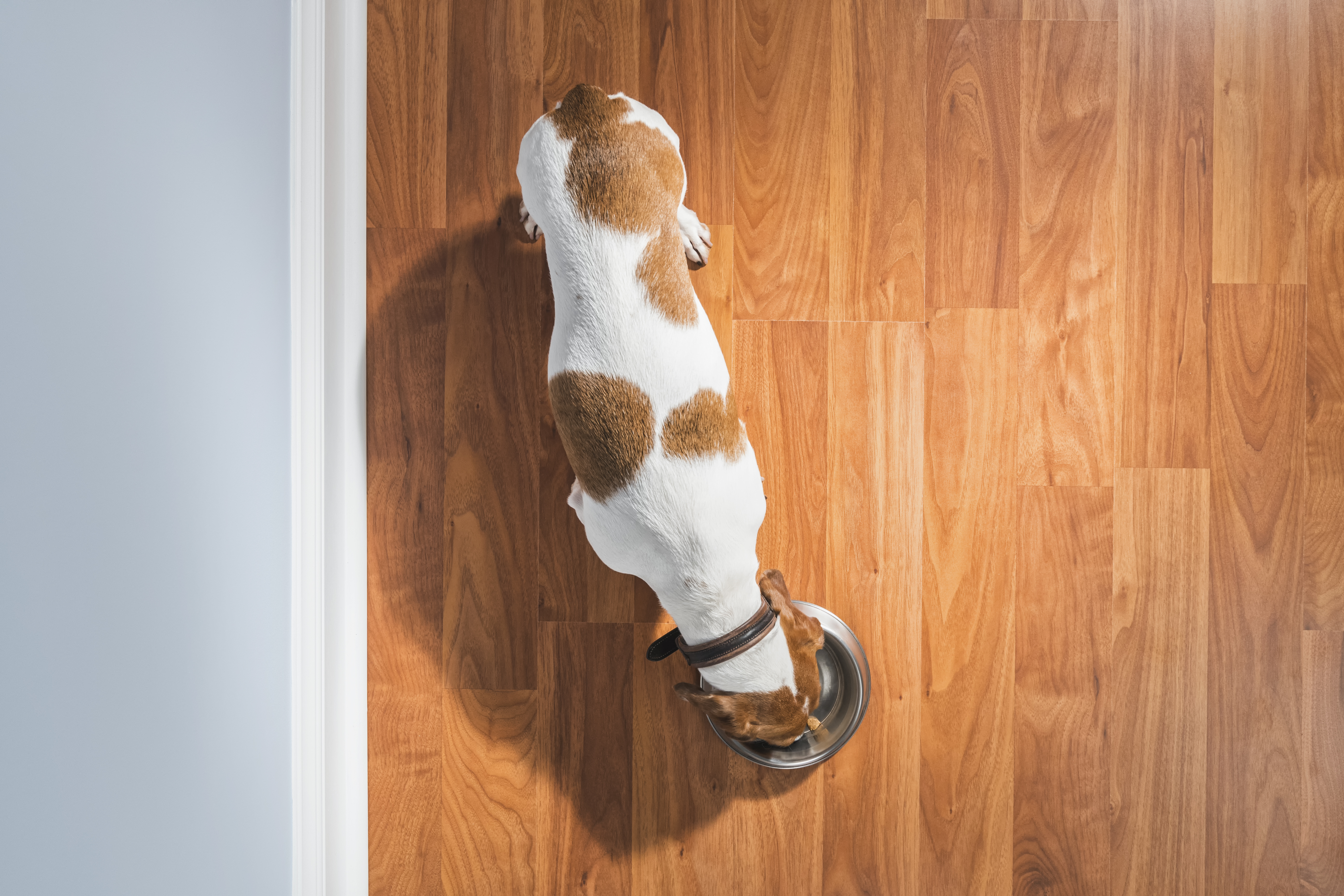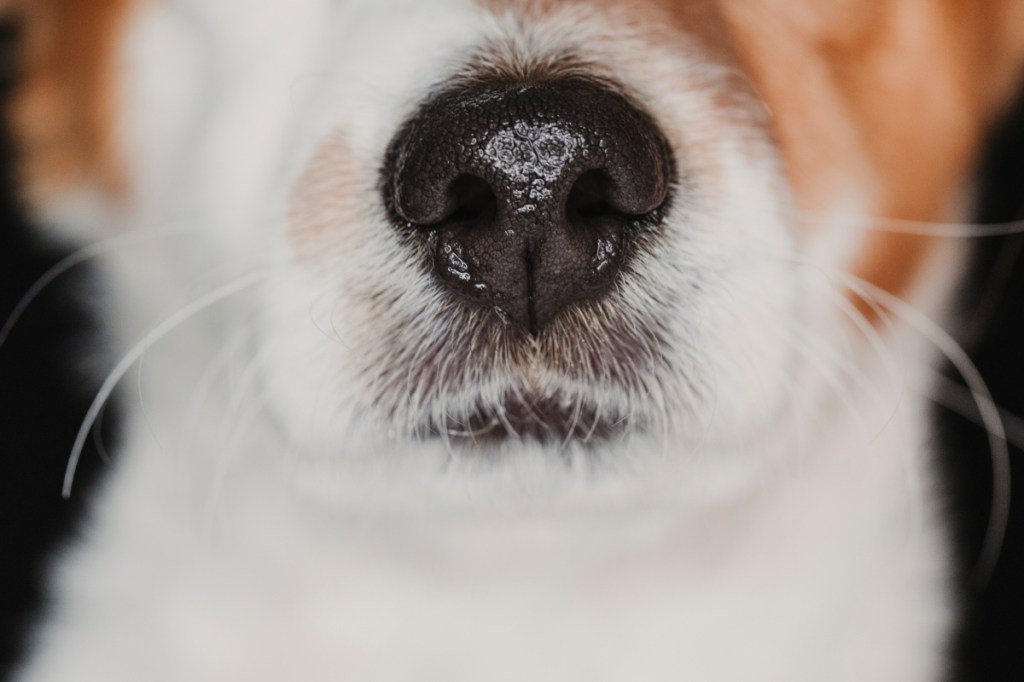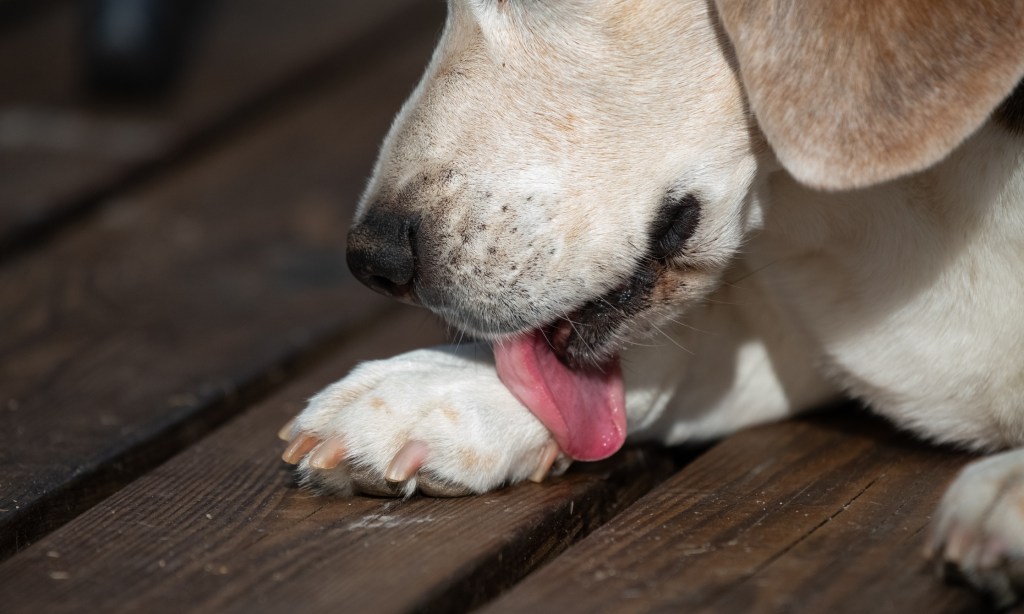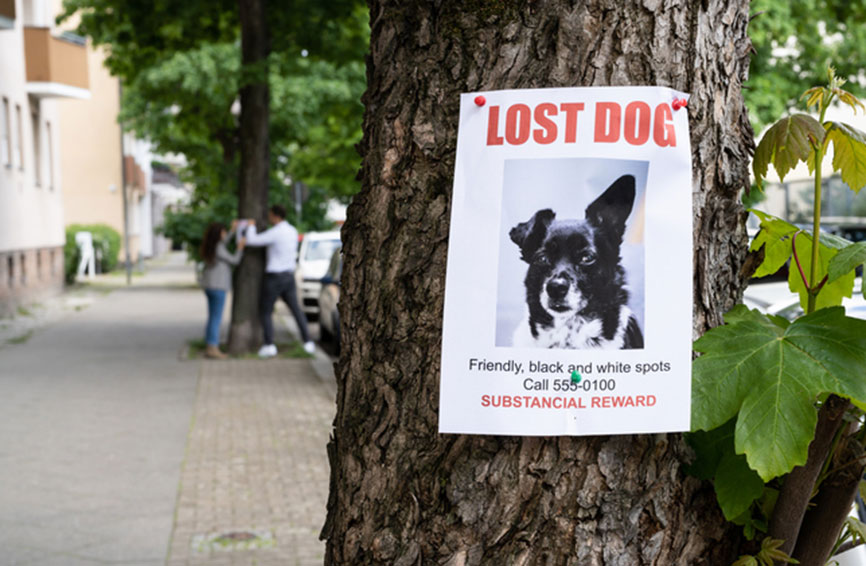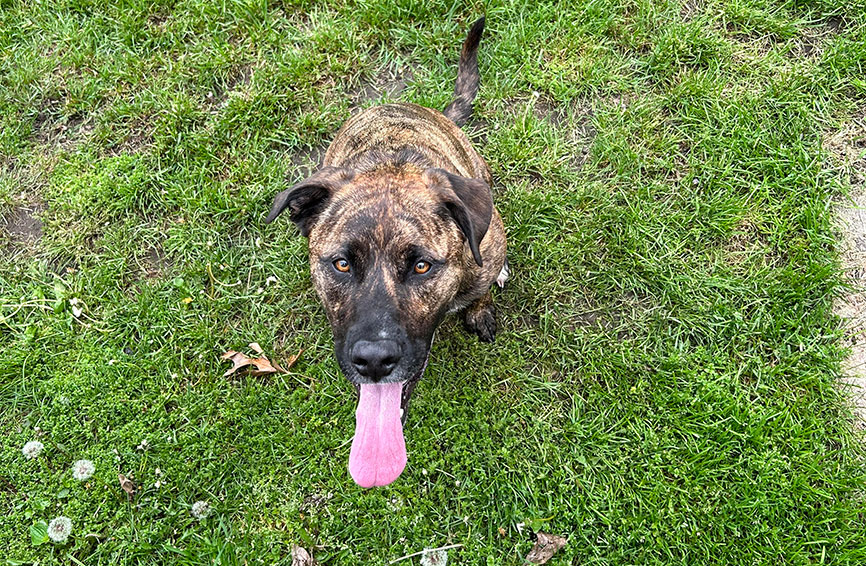Table of Contents
In November 2018, after receiving reports of suspected vitamin D toxicity in dogs who had eaten dry dog food, the Food and Drug Administration (FDA) issued a recall of certain dry dog food brands. The FDA then expanded the recall in December 2018 after further testing revealed additional dry dog foods that contained dangerously high vitamin D levels. A current list of recalled dog food brands is listed here.
What is Vitamin D?
Vitamin D is one of the many essential nutrients for dogs. It is responsible for maintaining a normal balance of calcium and phosphorus in the body and ensuring the body retains enough calcium and phosphorus for healthy functioning. Vitamin D is a fat-soluble vitamin, along with vitamins E and K. A fat-soluble vitamin gets stored in the fat and liver and, unlike water-soluble vitamins like vitamin C, does not get rapidly eliminated from the body in urine.
Vitamin D Toxicity
Fat-soluble vitamins can stay in the body for a long time, increasing the risk of toxicity. For the dogs who ate dry dog food with too much vitamin D, the excess vitamin D got stored in their fat and liver instead of being eliminated. Just how much vitamin D is too much for an individual dog depends on several factors: age, weight, and overall health.
Symptoms
Vitamin D toxicity from food can make dogs quite ill due to an imbalance of calcium and phosphorus. For example, vitamin D toxicities can cause kidney failure and may even be fatal. Usually, symptoms develop gradually, depending on the food’s vitamin D levels. Here are signs to look for in a dog who has ingested too much vitamin D:
- Vomiting
- Weakness
- Weight loss
- Reduced appetite
- Excessive drooling
- Increased drinking
- Increased urination
Diagnosis
A Vitamin D toxicity is diagnosed by a veterinarian, who will take a very detailed dietary history and observe the dog’s symptoms. They may also perform blood work, which would show abnormal levels of calcium and phosphorus and abnormal kidney function. A urinalysis would reveal diluted urine, due to increased drinking. Advanced tests are available to confirm vitamin D toxicity in dogs, but are not available in most veterinary practices.
Treatment
The primary treatment goals for vitamin D toxicity are to eliminate the source of excess vitamin D (in this case, dry dog food) and flush the excess vitamin D from the body. The exact course of treatment is variable and depends on what the veterinarian has determined is best for that individual dog.
A dog whose vitamin D toxicity is diagnosed early, for example, may need only a different diet with lower vitamin D levels, which could resolve the toxicity within a few weeks to months. On the other hand, a dog whose vitamin D toxicity is diagnosed late would likely need intensive treatment due to more severe illness from the toxicity. A dog with a severe vitamin D toxicity would need to be hospitalized and receive such treatments as intravenous fluids, anti-vomiting medication, and a calcium-restricted diet.
Regardless of the treatment regimen, the veterinarian will monitor blood levels of calcium and phosphorus during and after treatment until those levels return to normal.
What Can You Do?
Because vitamin D toxicity can make dogs seriously ill, pet parents should keep close watch for signs of the toxicity in their dogs. If your dog has any of the signs listed above, call your veterinarian immediately and schedule an appointment. Stop feeding the food and take pictures of the dog food bag, making sure you get pictures of the nutrition label and lot number. During the appointment, provide your veterinarian with your dog’s full dietary history, including any food your dog might have eaten other than the dog food (e.g., dog treats, human food).
In addition to taking your dog to your veterinarian, you can also report your dog’s suspected vitamin D toxicity to the FDA, either electronically through the FDA’s Safety Reporting Portal or by contacting your state’s FDA Consumer Complaint Coordinators by phone.
Bringing it Together
Vitamin D toxicity in dogs is serious. If your dog has eaten one of the recalled food brands and has become ill, act quickly to give your dog the best chance of recovery. Having pet health insurance can help assuage the costs of treatment, so you can say “yes” to life-saving measures at the vet.
The content is not intended to be a substitute for professional veterinarian advice, diagnosis, or treatment. Always seek the advice of your veterinarian or other qualified health provider with any questions you may have regarding a medical diagnosis, condition, or treatment options.
If you love your pets like family, you want to protect them like family. By enrolling in pet insurance, you can save up to 90% on vet bills which means saying “yes” to life-saving treatments, no matter the cost. If you’re not a part of our pack, start by getting a free quote.
